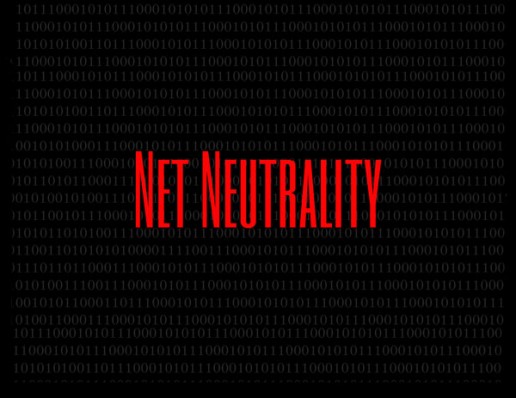For months Networtech has been following the proposed rollback of net neutrality rules designed to enable a free and open internet. Net neutrality supporters were despondent over the repeal of net neutrality provisions by the Federal Communications Commission, but they received a shot of good news on Wednesday when the Senate voted to overturn the FCC’s decision.
The measure was passed by a 52-47 margin, having received support by all 49 Democratic Senators and three Republicans. Although the Senate vote represents a major victory in the fight for net neutrality, the measure still has to pass a Republican-led House of Representatives that is expected to reject it. In addition, President Donald Trump is more likely to side with his party and affirm the FCC’s decision to end neutrality on June 11.

Still, the Senate vote was seen as a major boon for net neutrality activists who were able to sway two previously undecided Senators, Republicans Lisa Murkowski of Alaska and John Kennedy of Louisiana, to their cause. Addressing the likelihood that President Trump wouldn’t sign the Senate’s measure, Murkowski admitted that she is “frustrated” by the political process around net neutrality that fails to serve the greater good.
“I voted to hopefully get beyond the politics on this, which is the seesaw back and forth between Republican FCC and a Democratic FCC that doesn’t lend any level of certainty to the process,” Murkowski said.
Democrats were able to force a vote on net neutrality by invoking the Congressional Review Act, a law which enables Congressional leaders to repeal regulations on a simple majority vote. Invoking the CRA allowed Senate Democrats, led by Minority Leader Chuck Schumer of New York, to overcome the 60-vote threshold typically required to pass legislation.
While on the Senate floor, Schumer argued that net neutrality protections are necessary to “treat the internet like the public good that it is” and later challenged Republican House Speaker Paul Ryan to bring the measure up to an immediate vote.
Net neutrality - Wikipedia
Net neutrality is the principle that Internet service providers and governments regulating the Internet should treat all data on the Internet the same, not discriminating or charging differentially by user, content, website, platform, application, type of attached equipment, or mode of communication.
With 240 of the House’s 435 seats occupied by Republicans, the expectation is that they won’t pass the Senate’s measure. With that said, however, factors such as the upcoming 2018 midterm elections and public bipartisan support for net neutrality may convince them otherwise. Even if the measure somehow overcomes this hurdle, the measure will ultimately wind up on the desk of the President, who last year appointed net neutrality opponent Ajit Pai head of the FCC.
Until that time, citizens still have the opportunity to contact their elected officials and register their support for net neutrality and Title II protections. And as always, Networtech and the Tech It Out blog will be here to fill you in with the latest updates!